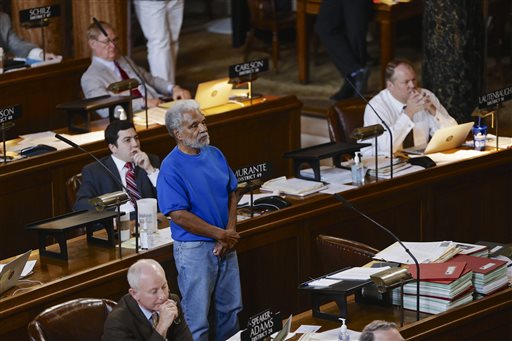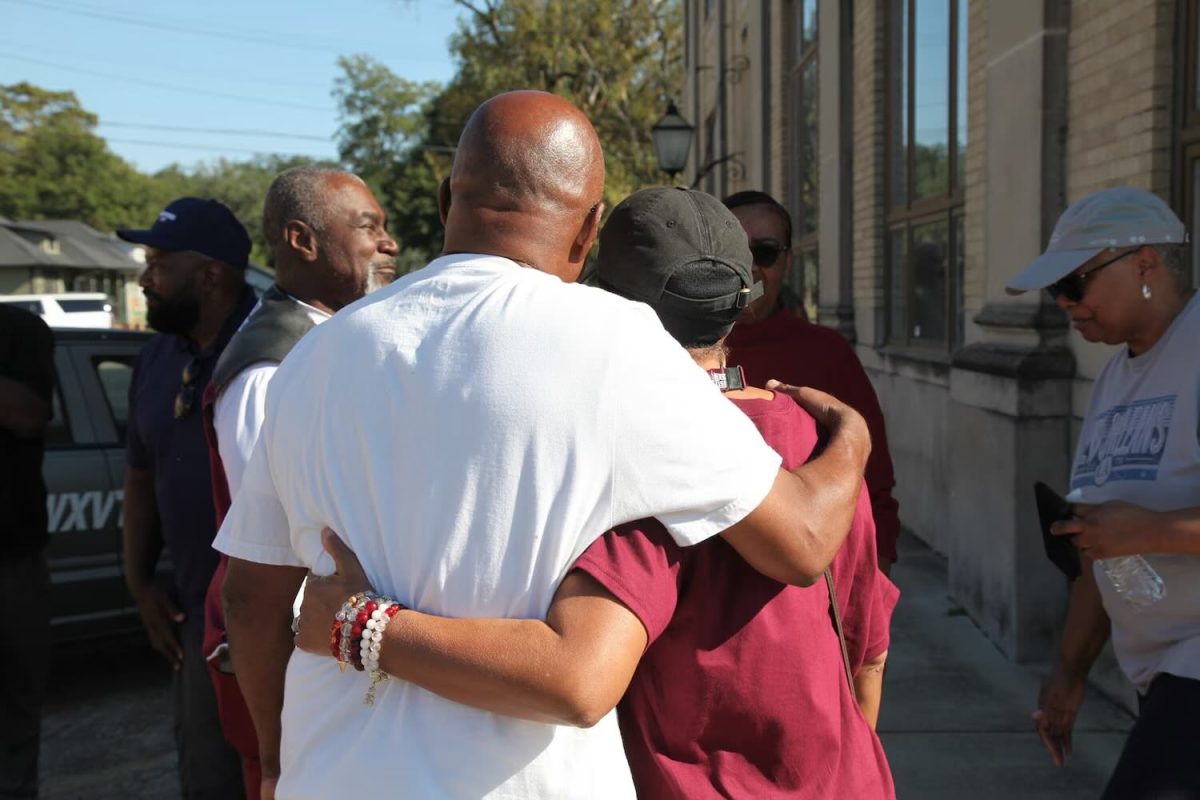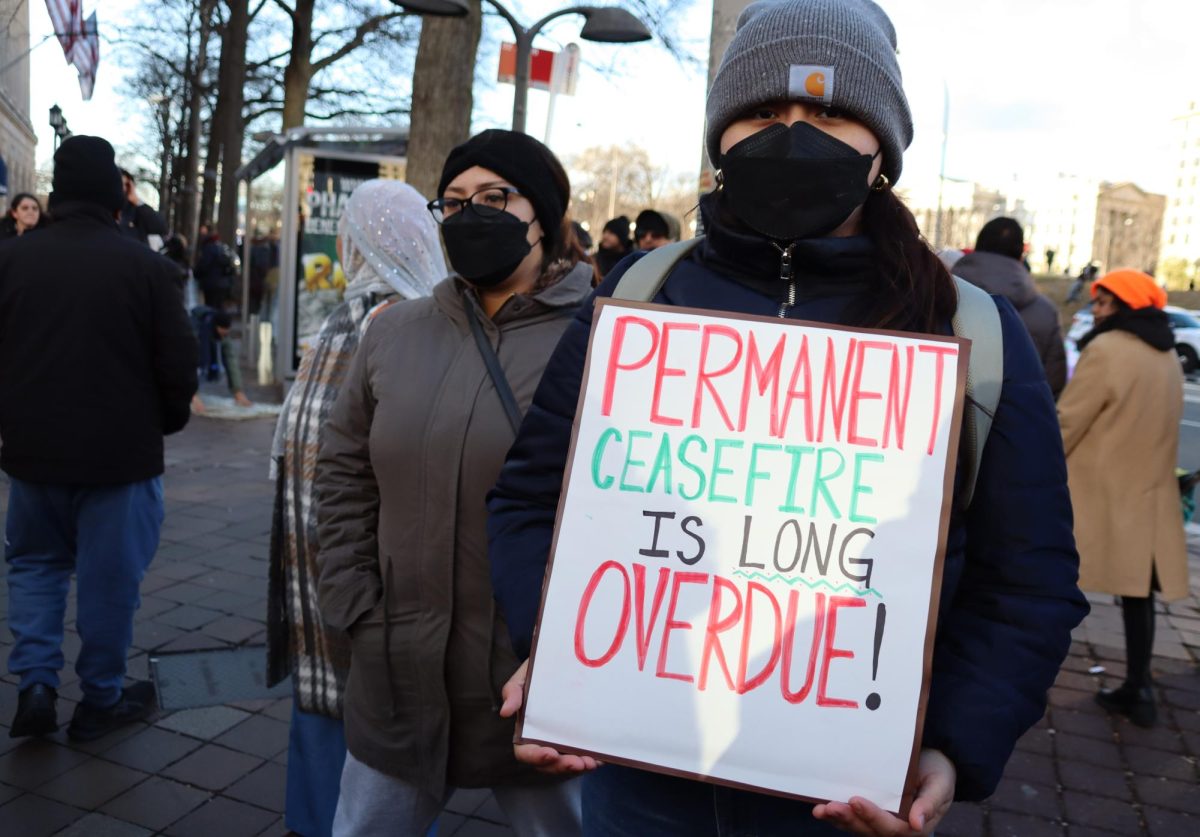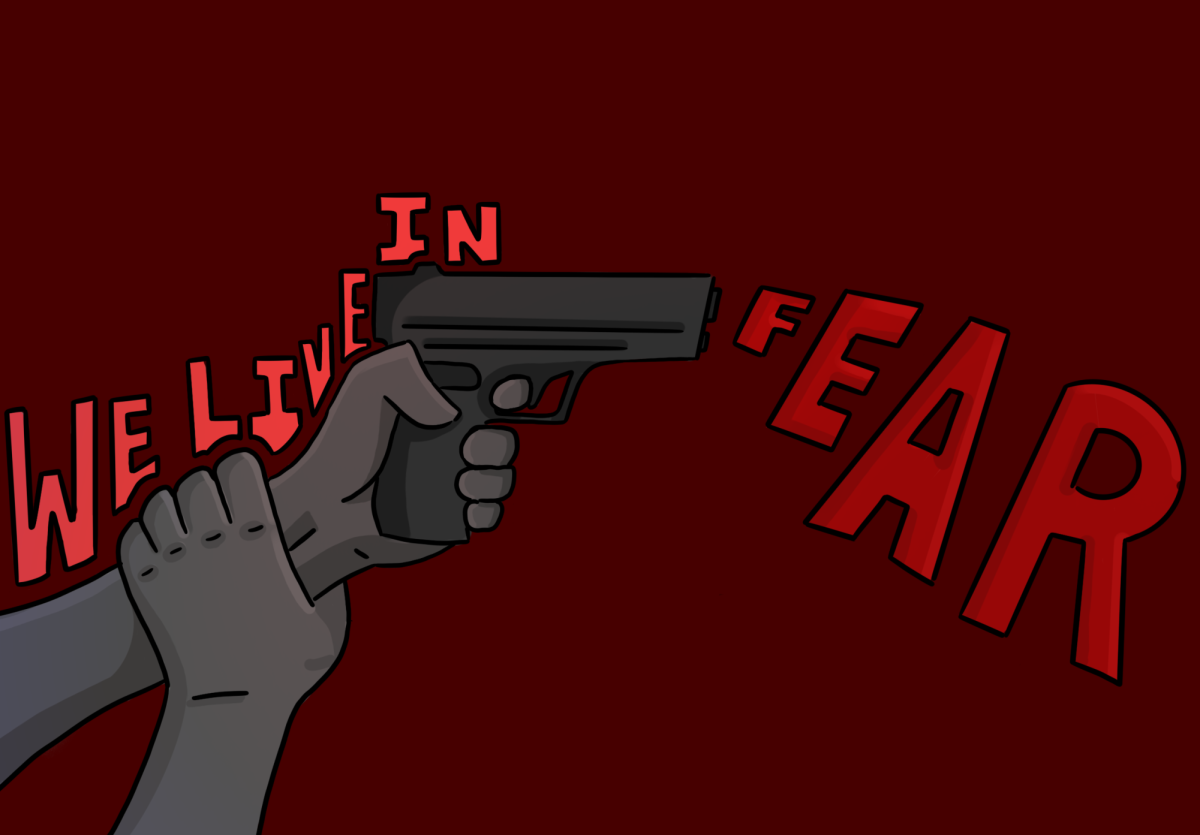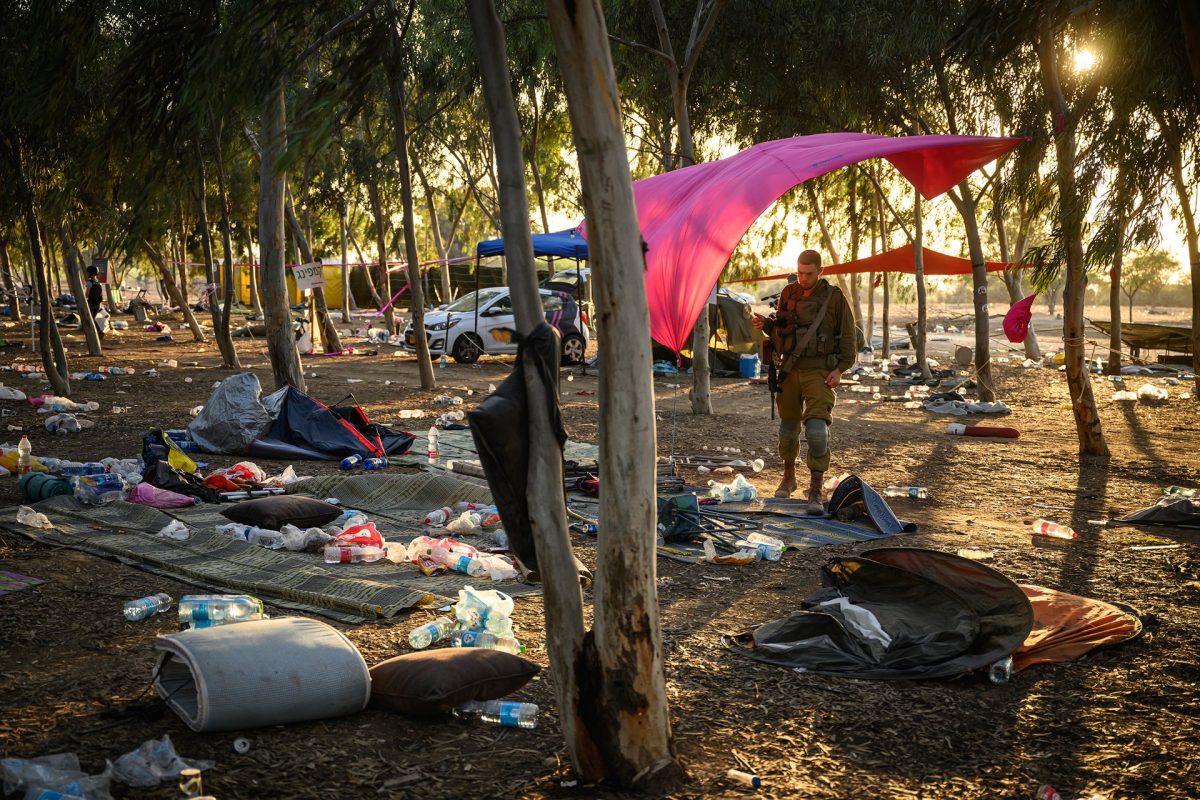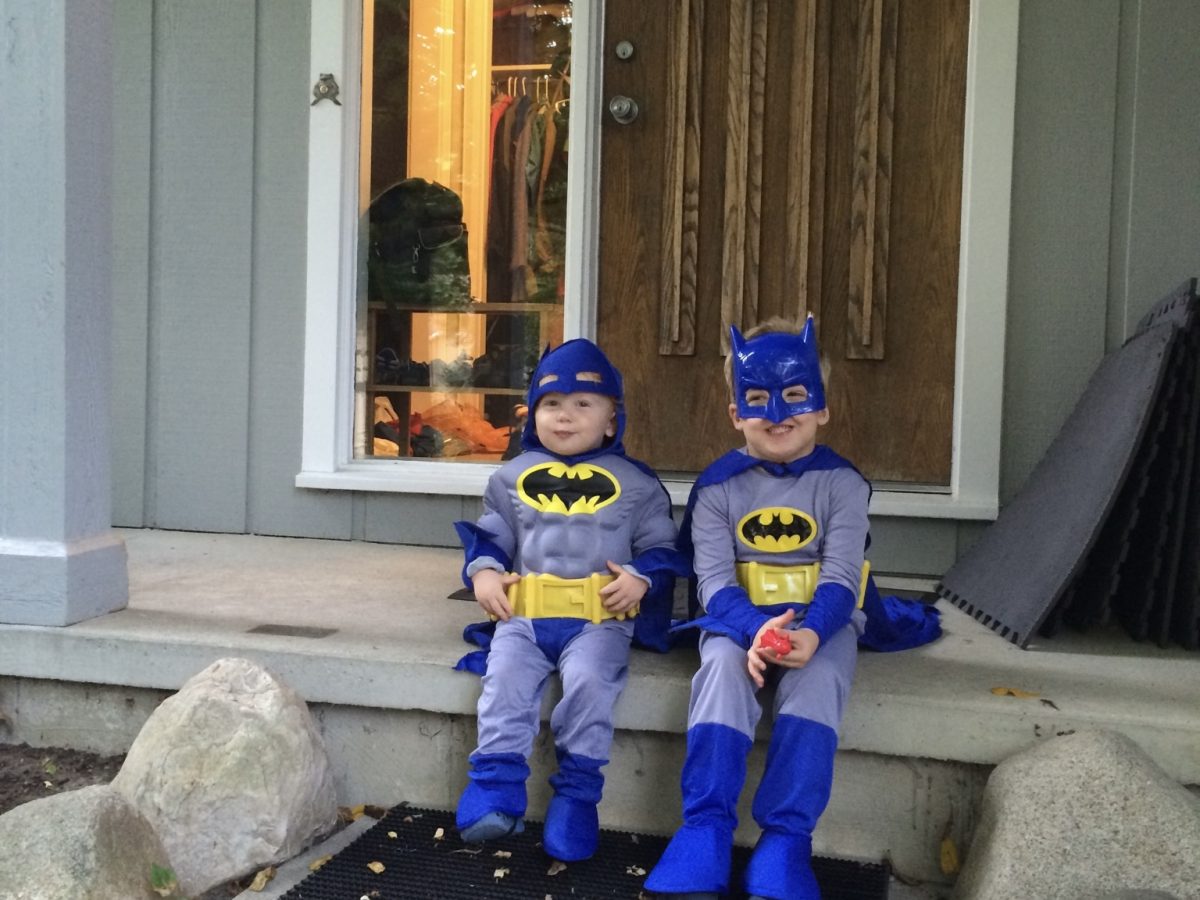Federal law describes murder as the “unlawful killing of a human being with malice aforethought.” Any deliberate premeditated killing is first degree murder. Since 1976, when the death penalty was reinstated, the United States has executed 1332 individuals–a process usually taking years of extensive premeditation.
To execute someone, even as a result of due process, cannot be justified by legal smoke and mirrors. The death penalty, in literal terms, is the intentional, prepared killing of a human being with the intent to kill and motive of revenge. The American judiciary is held to a false standard beyond that of its protected citizens; when someone is convicted and executed, it is seen as less of an atrocity than a murder case itself.
In an effort to lower murder rates, the death penalty is obviously counterproductive. In fact, since 1995, murder rates in states with the death penalty have been over 17% higher than murder rates in states without the death penalty. From 2003-2008, murder rates in these states were over 40% higher. Among the 32 states with legalized capital punishment, there is consistently a combined higher murder rate than in the states without it.
Killing people is never inexpensive. In California alone, the death penalty costs a conservatively estimated $125 million more per year than life in prison without chance for parole. $90,000 of taxpayer money is spent yearly on every defendant on death row. Pre-trial and trial finances amount to about half of the costs, with appeals and incarceration costs on top of that. It is estimated that California would save $5 billion over 20 years if it abolished the death penalty.
California currently has 727 defendants on death row, the most of any state, and over one third of them are black, even though only 6.6% of the state’s population is black (US Census).
Of the current 3,125 Americans on death row, 41.9% are black. Of the American population, only 13.1% are black. “In 82% of the studies [reviewed], race of the victim was found to influence the likelihood of being charged with capital murder or receiving the death penalty, i.e., those who murdered whites were found more likely to be sentenced to death than those who murdered blacks,” wrote United States General Accounting Office, Death Penalty Sentencing, in February 1990. The death penalty has proven to be historically racist; 259 black defendants have been executed for killing one or more white victims, while only 20 white defendants have been executed for killing one or more black defendants.

And, costs and race aside, there is no ethical reasoning behind government-run execution. Supporters of capital punishment say it provides relief for victims’ families and rids the world of murderers. But should we not also rid the world of those who plan their executions? Once a defendant is executed, who will console his family? The idea that the family of a government-executed individual does not deserve the same sympathy as any other victim of murder is often ill-founded; life is lost both ways.
Since its reinstatement, the death penalty has wronged over 130 convicted individuals who have been relieved from death row, often for unfair trial or presentation of simple DNA evidence proving false conviction. This is about 10% of people executed since 1976.
In such cases of incorrect punishment, what makes it unreasonable to prosecute the courts for incorrectly putting someone on death row? The American judicial system is often left unquestioned for its fairness in situations like these. Our government and its branches must be held accountable to their own laws, even if they break them through “legal” process.
A government institution breaking the federal law of murder should not be treated differently than a private citizen would be.
The death penalty is often brushed aside as part of our criminal litigation process, but a democratic nation’s government must exist to protect its people, not to decide the fate of one’s death. Of course there should be no murderer or serial rapist left to roam the streets, and life imprisonment without chance of parole is the solution. Because every conviction cannot be correct, it is irrational to kill people off.
We accept and often pride ourselves in having a judicial system that is imperfect. But no excuse can be drawn to kill a single individual in a flawed system.



